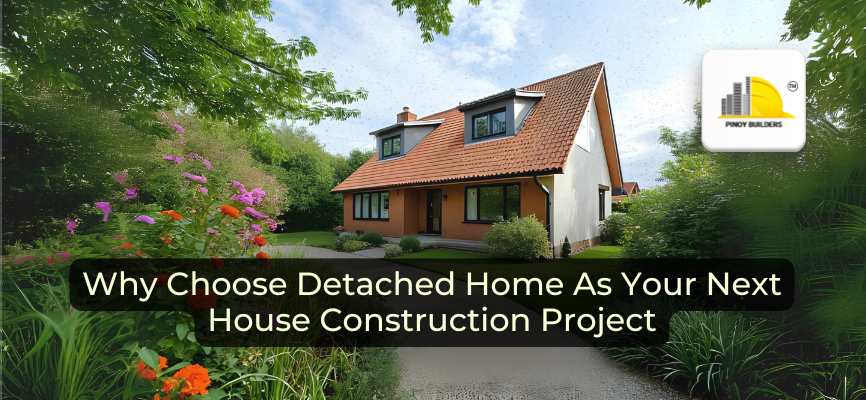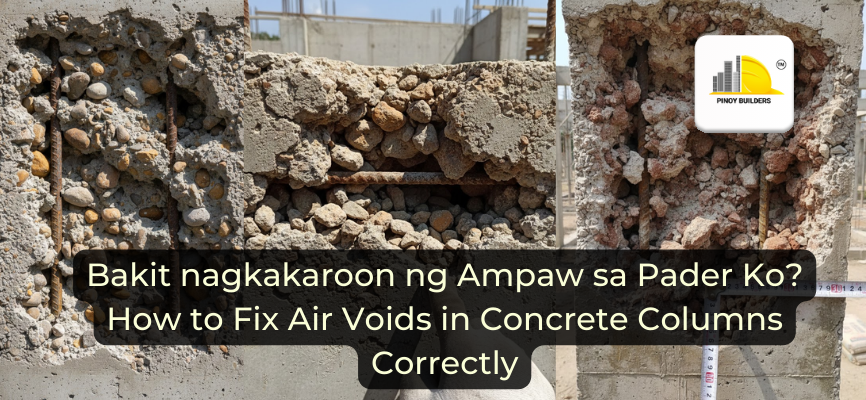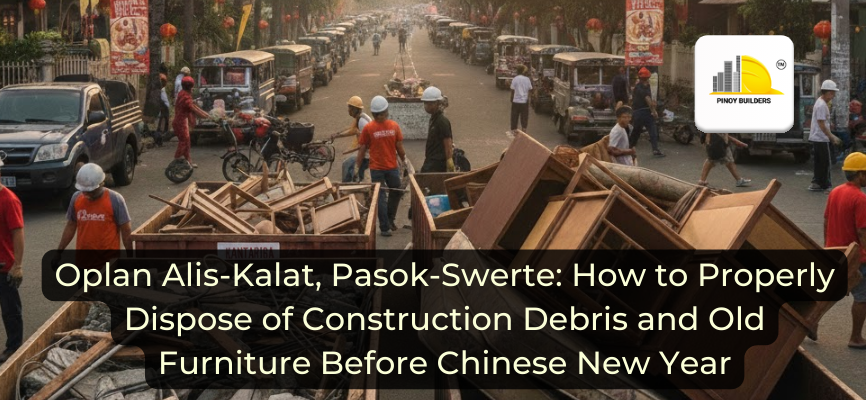Whether it’s inherited from your family or a recent investment, it’s easy to let a vacant lot gather dust while you think about what to do next. But here’s a practical idea worth exploring—why not turn that space into a fully detached home?
Building a detached house gives you full control over how you use the land. You get to design a layout that fits your needs, maximize privacy, and plan for future upgrades. It can serve as a forever home for your growing family, a quiet place for retirement, or even a rental property that brings in extra income.
In this article, we’ll discuss why a detached home is a smart, flexible choice for your next house project and how it can turn an idle lot into something truly valuable.
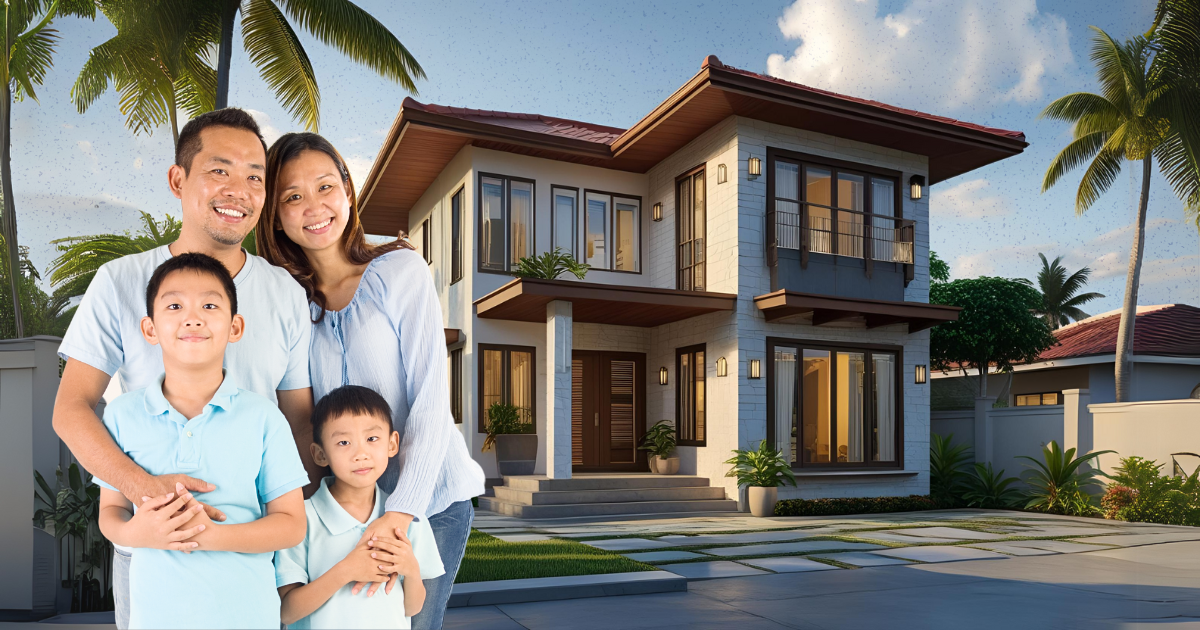
The Benefits of Going Detached
A vacant lot has a lot of potential for expanding your property and increasing its worth. A detached home is one of the best ways to maximize this potential, as it can increase the value of the space to potential buyers and of course, improve its value to you, the property owner.
Here are some benefits of building a detached home:
- Privacy and Independence—A detached house has no shared walls or direct neighbors, so it can offer peace, quiet, and more control over your living environment.
- More Living Space—Detached houses typically have larger layouts both indoors and outdoors. A detached house allows you the liberty to design a wider open area, include parking, or even add a small garden or patio.
- Customization Options—A detached house gives you the flexibility to design a home that fits your lifestyle. Unlike duplexes or other attached homes that often follow a standard layout, a detached property lets you choose the materials, layout, and features that match your needs today and can adapt as those needs evolve.
- Room for Future Expansion—Unlike in linked homes, you can expand a detached house to your liking. You can add a second floor, convert part of the home into a rental, or even add a small unit for a relative or tenant.
- Long-Term Financial Value—A detached home on your lot is an asset. You can rent it out, use it as an Airbnb, or sell it later at a higher price. Unlike condos, there’s no association fee or shared ownership—what you build is fully yours.
What You Should Know Before Building A Detached House
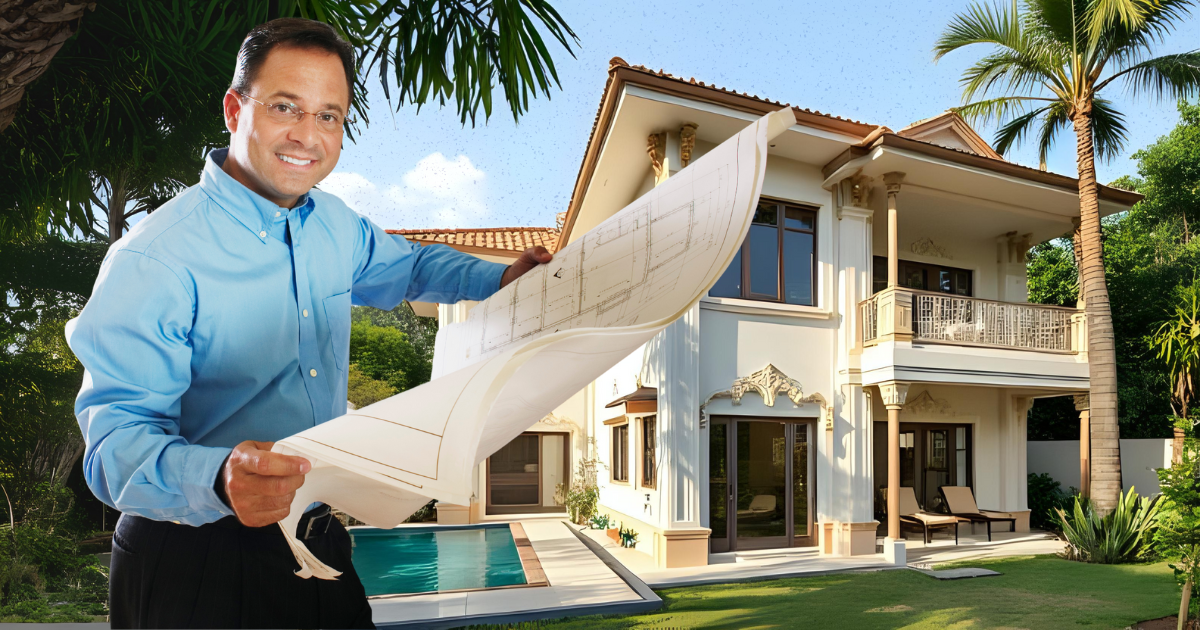
It’s crucial to consider the larger picture before commencing construction. Good planning helps you avoid delays, stay on budget, and make smarter decisions for your home. A few key details, ranging from lot size to permits, can significantly impact the success or failure of your project.
- Lot Size and Shape—The size of your vacant lot will determine how wide or high your house can be. Licensed architects may need to create custom layouts for your property if it features odd shapes or narrow spaces.
- Sunlight and Ventilation—The lighting and ventilation of your property are very important things to consider. A detached home offers better access to natural sunlight because there are no directly attached neighbors blocking the light. To make the most of this, it’s ideal to arrange your rooms in a way that maximizes both space and exposure to light and air. This technique helps keep your home cooler, brighter, and more energy-efficient.
- Zoning and Building Rules—Check local rules before you start construction. Know that some areas have height limits, required setbacks, or permit restrictions.
- Budget and Timeline—Just like in any other construction project, make sure to set a clear budget and schedule from the start. Include costs for permits, labor, materials, and finishing.
- Soil Condition and Drainage—Before beginning construction, make sure to conduct a soil test to check if the land is stable enough for the size of your home. Furthermore, a soil test is useful in identifying if the water drains away from the structure, so you can avoid flooding or damage.
- Access to Utilities—A detached home offers independence from surrounding structures, but it can make access to basic utilities like electricity, water, and internet more difficult. If these services aren’t readily available in your location, be prepared for potential extra costs related to installation.
Build on Your Own Terms
Turning a vacant lot into a detached home gives you more than just a place to live. It offers freedom, flexibility, and a chance to shape your future.
If you already have the land, the present could be the perfect moment to take the next step. Start planning today—and make that empty lot work for you.
Kayo, ka-Builders? Gusto niyo ba magpatayo ng detached home?
References
Lepp, S. (n.d.). Advantages of Living in a Detached Home. The Shawn Lepp Group. https://www.shawnlepp.com/b/blog/advantages-of-living-in-a-detached-home.html
McCollum, N. (n.d.). 8 Construction Legal Issues to Know Before You Build a House. This Old House. Retrieved May 28, 2025, from https://www.thisoldhouse.com/home-finances/21097121/5-common-construction-laws-you-should-know-before-you-build


